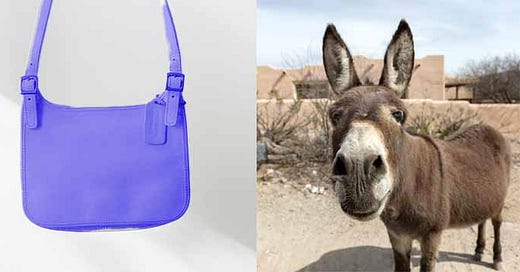FREE POST! Getting your tongue around foreign tech-talk is easier than you think
Merci Dieu que je suis anglais, eh, vieux fruit?
Here’s a freebie for you, whether you are a valued paying subscriber to [Autosave is for Wimps] or one of the cheapskates who enjoy reading the first few paragraphs but believe the rest that’s hidden below the paywall line must be shite and definitely not worth 38p.
The following post was originally published by The Register on Friday 28 October 2016, a…
Keep reading with a 7-day free trial
Subscribe to [Autosave is for Wimps] to keep reading this post and get 7 days of free access to the full post archives.
![[Autosave is for Wimps]](https://substackcdn.com/image/fetch/$s_!Xki4!,w_80,h_80,c_fill,f_auto,q_auto:good,fl_progressive:steep,g_auto/https%3A%2F%2Fbucketeer-e05bbc84-baa3-437e-9518-adb32be77984.s3.amazonaws.com%2Fpublic%2Fimages%2F6074c205-ec66-434d-a31c-d8b26b9e2c52_256x256.png)

![[Autosave is for Wimps]](https://substackcdn.com/image/fetch/$s_!Xki4!,w_36,h_36,c_fill,f_auto,q_auto:good,fl_progressive:steep,g_auto/https%3A%2F%2Fbucketeer-e05bbc84-baa3-437e-9518-adb32be77984.s3.amazonaws.com%2Fpublic%2Fimages%2F6074c205-ec66-434d-a31c-d8b26b9e2c52_256x256.png)
